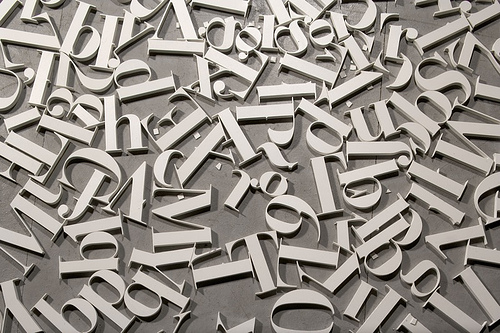This paper examines the state of the current digital humanities canon, provides a historical overview of the decline of early digitally recovered texts, literature designed to expand the literary canon, and offers suggestions for ways that the field might work toward expansion of the digital canon. My research shows that a subfield of early literary digitization work, mostly projects unassociated with humanities computing/digital humanities, sought to negate early canon bias found within print and envisaged digital literary scholarship as a tool to reinsert women, queers, and people of color into the canon. The DIY sites built during this period were labors of love and allowed scholars to self publish materials found buried in difficult to access library archives or dusty journal editions.
The early wave of small recovery projects has slowed and, even more troubling, the extant digital projects have begun to disappear. If we lose a large volume of texts from the expanded canon we will be returning to a new critical canon that is incompatible with current understandings of literature. In addition, the turn to increased standardization (TEI) and big data troubles our efforts at small-scale recovery project, as DIY scholars, outside the DH community, have difficulty gaining access to required technical skills for small projects, leading to a decline in small-scale digital recovery projects. The poor literary data sets impact digital humanities efforts to experiment with visualization and data mining techniques.
If Matt Kirschenbaum is correct and preservation is not a technical problem but a social problem, then it follows that the digital humanities community should be able to address the lack of diversity in the digital canon by attention to acquisition and preservation of particular types of texts. We need a renewed effort in digitizing texts that occurs in tandem with experimental approaches in data mining, visualization and geospatial representations. This paper offers several possible ways of addressing this troubling problem.
